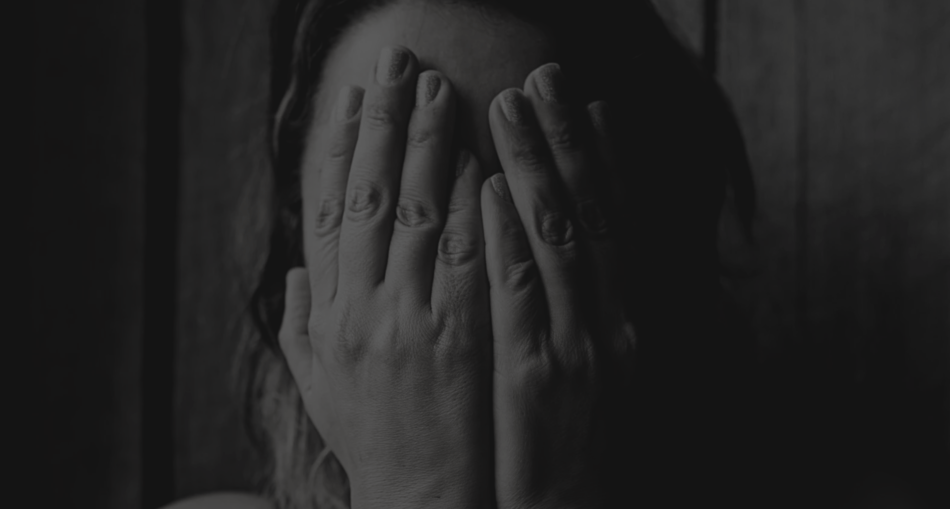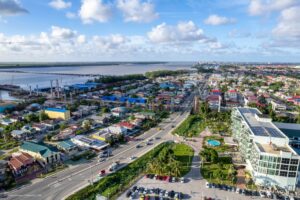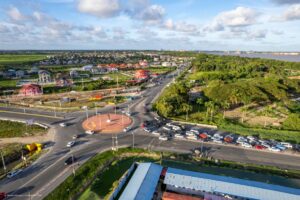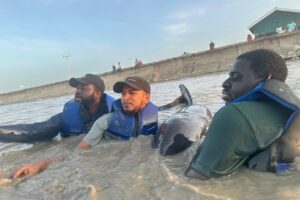Gender-based violence (GBV) remains a widespread issue, affecting individuals across the world, including in Guyana.
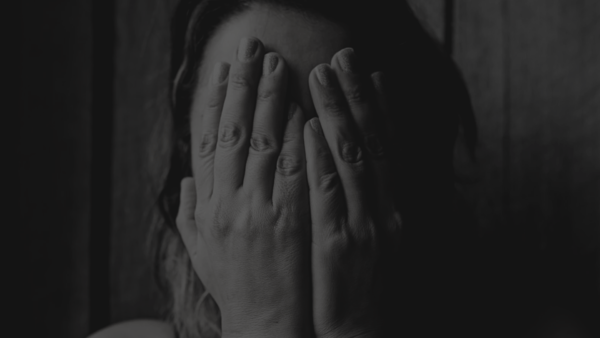
Survivors often endure not only physical harm but also psychological scars that shape their lives long after the abuse has ended.
Dr. Moses Roderique, a Doctor of Clinical Psychology and a leading mental health advocate, shared his insights into the challenges faced by survivors of GBV and the vital role that psychological support plays in their healing.
COMMON FORMS OF GBV IN GUYANA
Dr. Roderique identified several common forms of GBV encountered in his practice. These include physical violence, often in domestic settings, where intimate partners inflict harm.
Emotional and psychological abuse are also prevalent, involving manipulation, controlling behaviour, and verbal attacks.
Sexual violence, including rape, remains a significant concern, as does economic abuse, where one partner controls the other’s financial resources to limit independence.
These forms of violence not only damage the body but can profoundly affect a person’s mental health, leaving lasting trauma.
RECENT TRENDS IN GENDER-BASED VIOLENCE
Over recent years, Dr. Roderique has observed shifts in GBV trends in Guyana.
There has been an increase in younger victims, particularly in dating relationships. The rise of technology-driven harassment, including cyberbullying and online stalking, has become a growing concern, exacerbated by the expansion of social media platforms. The COVID-19 pandemic worsened the situation, trapping many individuals at home with their abusers, leading to a surge in domestic violence cases.
MENTAL HEALTH CONSEQUENCES OF GBV
The mental health impacts of GBV on survivors are profound and complex, according to this psychologist.
He noted that survivors often suffer from anxiety, depression, post-traumatic stress disorder (PTSD), and, in severe cases, suicidal ideation.
According to Dr. Roderique, survivors may experience intense self-esteem issues and struggle to rebuild their lives, making it difficult for them to trust others or form new relationships.
The social isolation that often accompanies GBV can worsen these symptoms, further delaying the recovery process.
PSYCHOLOGICAL SYMPTOMS OF GBV SURVIVORS
Dr. Roderique noted that survivors frequently experience symptoms such as anxiety, characterised by hypervigilance and panic attacks, as well as depression, which manifests as persistent sadness and feelings of hopelessness.
PTSD is another common condition, marked by flashbacks, nightmares, and emotional distress triggered by reminders of the abuse.
Additionally, survivors may experience guilt, shame, and anger, emotions that can complicate their healing journey.
GENDER-SPECIFIC CHALLENGES IN TREATMENT
Treatment approaches for male and female survivors of GBV differ due to societal expectations and stigmas.
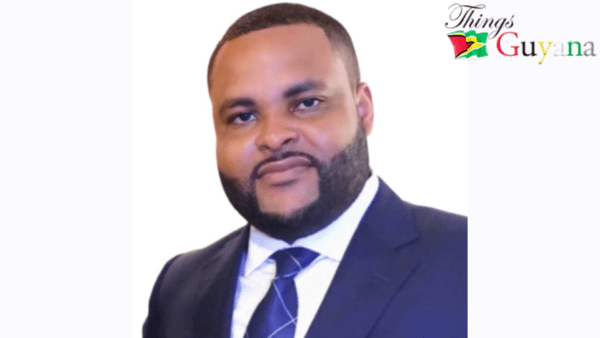
Dr. Moses Roderique
Male survivors often grapple with the pressure of traditional masculine norms, which can prevent them from acknowledging vulnerability or seeking help.
The stigma surrounding male victimhood can lead to feelings of shame and isolation.
On the other hand, female survivors frequently deal with internalised blame and the fear of not being believed, which can delay their decision to seek support.
THE IMPORTANCE OF EARLY INTERVENTION
Early intervention is crucial for improving the long-term psychological outcomes for GBV survivors. Dr. Roderique advises that the first step for survivors is to establish a safe environment away from the abuser and to reach out to supportive individuals, whether they be family, friends, or community resources.
Seeking professional help from a psychologist or counsellor is a critical next step, as it allows survivors to process their trauma and develop coping mechanisms to rebuild their lives.
EFFECTIVE THERAPEUTIC APPROACHES
This mental health advocate highlighted several therapeutic approaches that have proven effective in treating GBV survivors.
Trauma-focused Cognitive Behavioural Therapy (CBT) is a key method that helps survivors address the negative thought patterns stemming from their trauma.
Another approach, Eye Movement Desensitisation and Reprocessing (EMDR), aids in processing traumatic memories. Group therapy can also be beneficial, offering survivors a sense of community and mutual support.
Mindfulness-based therapies are useful for managing stress and regulating emotions.
BARRIERS TO SEEKING HELP IN GUYANA
There are several barriers that prevent survivors in Guyana from accessing psychological help.
According to this psychologist, stigma remains one of the most significant obstacles, as survivors fear judgment or disbelief from others.
Limited access to mental health services, especially in rural areas, presents another challenge, while financial constraints can make therapy and transportation to services unaffordable for many survivors.
Awareness of available resources is also lacking, further complicating the process of seeking help.
REDUCING STIGMA AND RAISING AWARENESS
To combat the stigma that prevents survivors from coming forward, Dr. Roderique emphasises the importance of public awareness campaigns.
These initiatives can educate communities about GBV and mental health, creating a more supportive and empathetic environment.
Encouraging survivors to share their stories and fostering a culture of openness and empathy can go a long way in reducing stigma and normalising the act of seeking help.
SUCCESS STORIES AND POSITIVE OUTCOMES
Dr. Roderique shared inspiring stories of GBV survivors who have successfully reclaimed their lives through psychological intervention.
One such case involves a young woman who endured years of domestic abuse. With the help of CBT and group support, she was able to challenge her negative beliefs, regain her self-confidence, and eventually pursue her education and career goals.
A TRAUMA-INFORMED APPROACH TO HEALING
A trauma-informed approach is essential when working with survivors of GBV. This method emphasises creating a safe and supportive environment, recognising the lasting impact of trauma, and empowering survivors to take control of their healing process.
Dr. Roderique incorporates sensitivity to triggers and allows survivors to guide the pace of therapy, ensuring that they feel comfortable and validated throughout their recovery.

